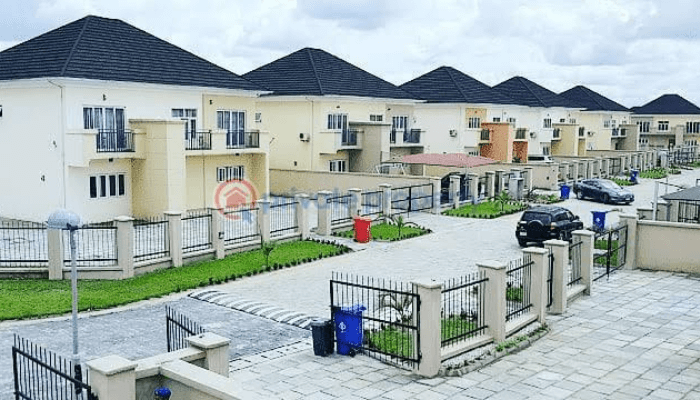To Many Nigerians, the mortgage sector in the country has been comatose.
However, in the last couple of years, the sector seems to have evolved with innovative and creative initiatives and products coming the way of home-seeking Nigerians.
The National Housing Fund (NHF) has made access to affordable mortgages relatively easy, fixing it at an interest rate of six percent.
The NHF is supervised by the Federal Mortgage Bank of Nigeria (FMBN). In the last two years, the bank has shown significant improvement in its performance and impact. One of its standout achievements during the period has been the scale of mortgage disbursements under the NHF scheme.
“Between May 2023 and April 2025, the Bank disbursed over ₦73 billion in housing finance, delivering 2,542 new homes across the country, and benefiting over 30,000 Nigerians through various housing loan products,” Shehu Osidi, the bank’s managing director, disclosed recently in Abuja.
“These include 1,285 beneficiaries of NHF mortgage loans worth N11.75 billion, 1,140 beneficiaries of Rent-to-Own housing valued at ₦15.06 billion, and 27,911 recipients of Home Renovation Loans, totaling ₦15.35 billion,” he noted.
Ayo Oloowokere, president, Mortgage Bankers Association of Nigeria (MBAN), and CEO, Imperial Homes Mortgage Bank, confirmed to BusinessDay in a recent interview that the mortgage sector is turning the corner.
“We have seen renewed interest in the sector by the government through the relevant agencies, and this is why we are repositioning the mortgage banks so that they can play their role in national development,” Oloowokere noted.
Osidi revealed that the bank also recorded an operational surplus of N11.58 billion for the year ending December 2024 (unaudited), marking a turnaround in profitability.
In line with its mandate to expand homeownership, the bank registered 373,595 new NHF contributors and refunded N30.66 billion to over 92,000 past contributors. NHF collections during the period stood at N203.27 billion, indicating growing confidence in the scheme.
Read also: Mortgage sector: How national mortgage registry will shift paradigms, change narratives
“FMBN is also innovating. It is finalising the launch of a Diaspora Mortgage Product in partnership with the Nigeria Diaspora Commission (NiDCOM), and designing new offerings such as Rent Assistance and Home Improvement Loans tailored for the informal sector, including non-interest mortgage products to accommodate religious interests,” the managing director said.
In the housing sector, the apex mortgage bank said it is establishing a framework for the National Social Housing Fund (NSHF), pointing out that the National Social Housing Fund (NSHF) is envisioned as a sustainable financing vehicle that pools concessionary capital from multiple sources.
These include: fuel subsidy savings, pension fund surpluses, diaspora bonds, corporate social responsibility (CSR) levies, and multilateral development partners. The fund will provide long-term, low-cost financing to enable the delivery of affordable housing for Nigeria’s most vulnerable populations.
In a further push to reduce construction costs and stimulate the domestic economy, plans are being finalised to launch the Building Materials Manufacturing Hubs across each of Nigeria’s six geo-political zones.
“These hubs are expected to catalyse local production, lower dependency on imported building materials, drive down housing construction costs, and generate thousands of skilled and unskilled jobs, thereby linking housing delivery to broader industrial and employment policy goals,” Osidi assured.

